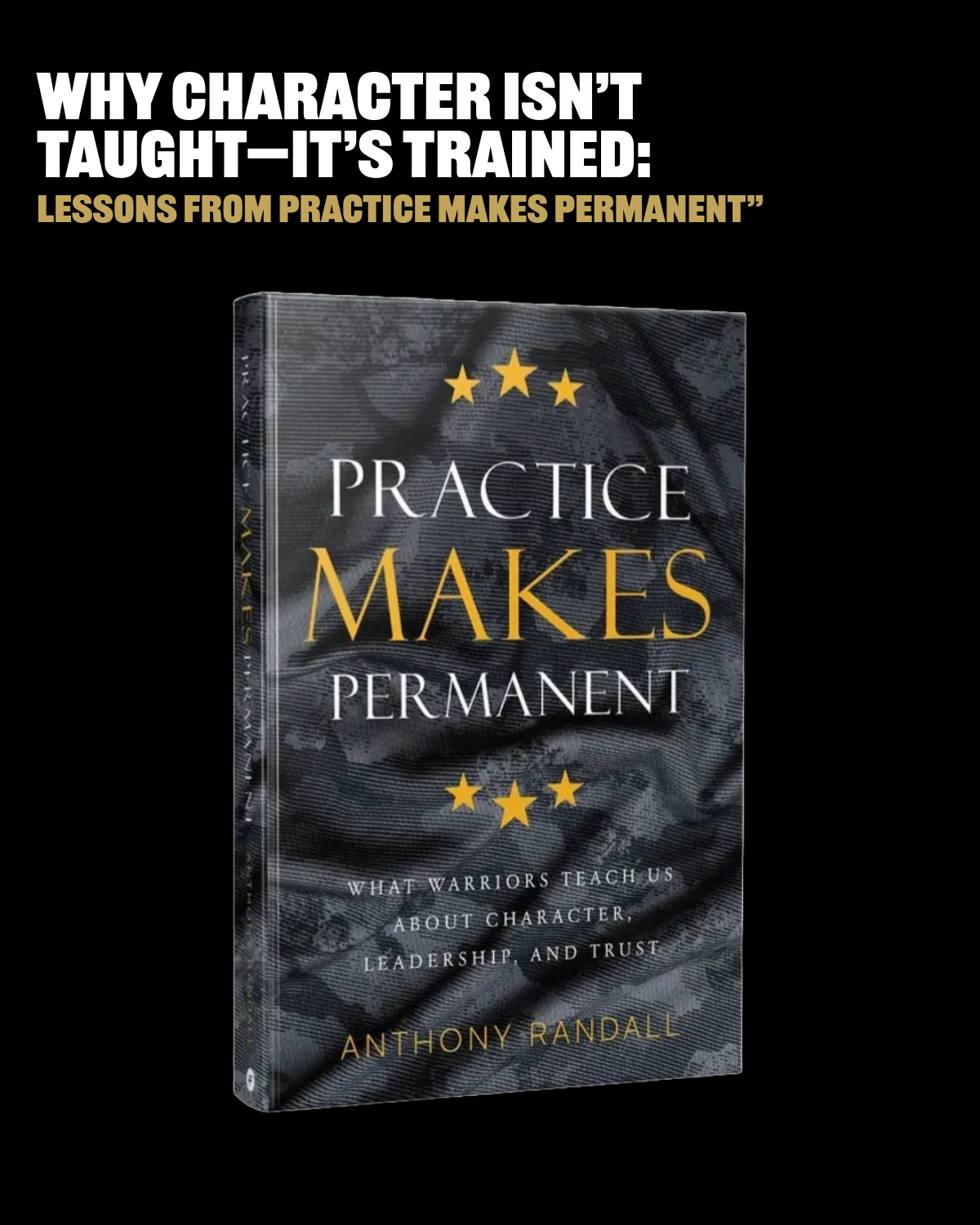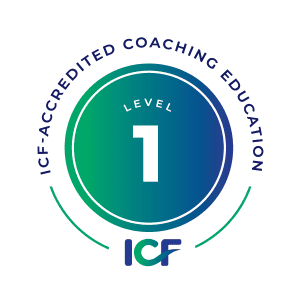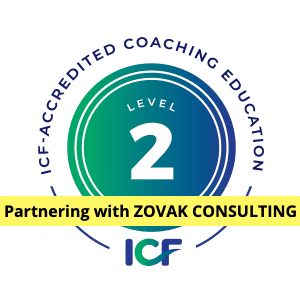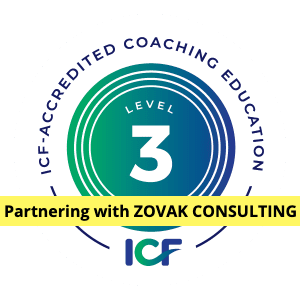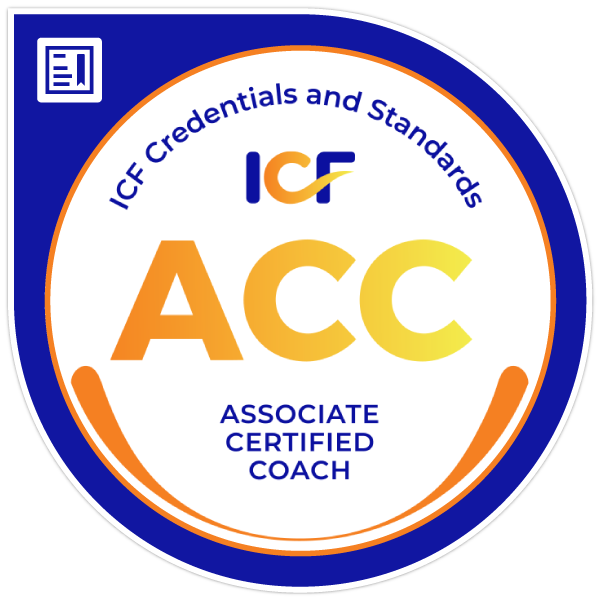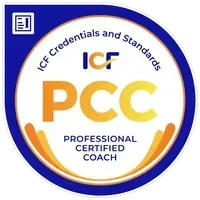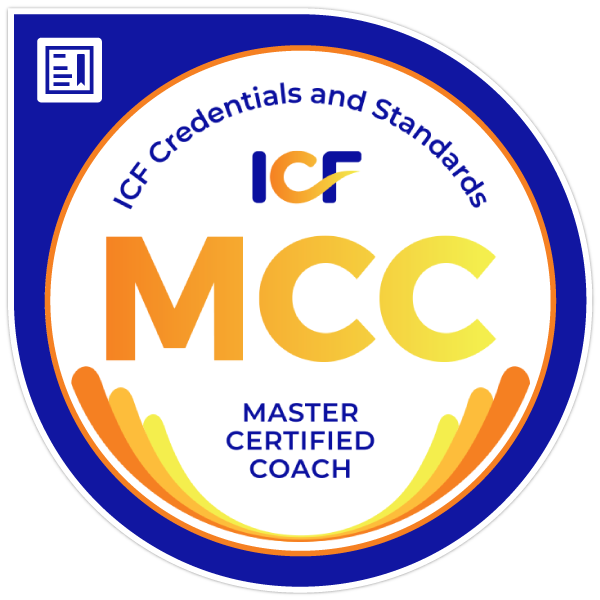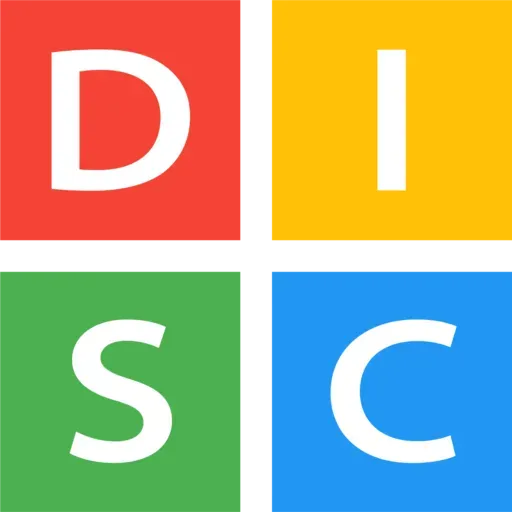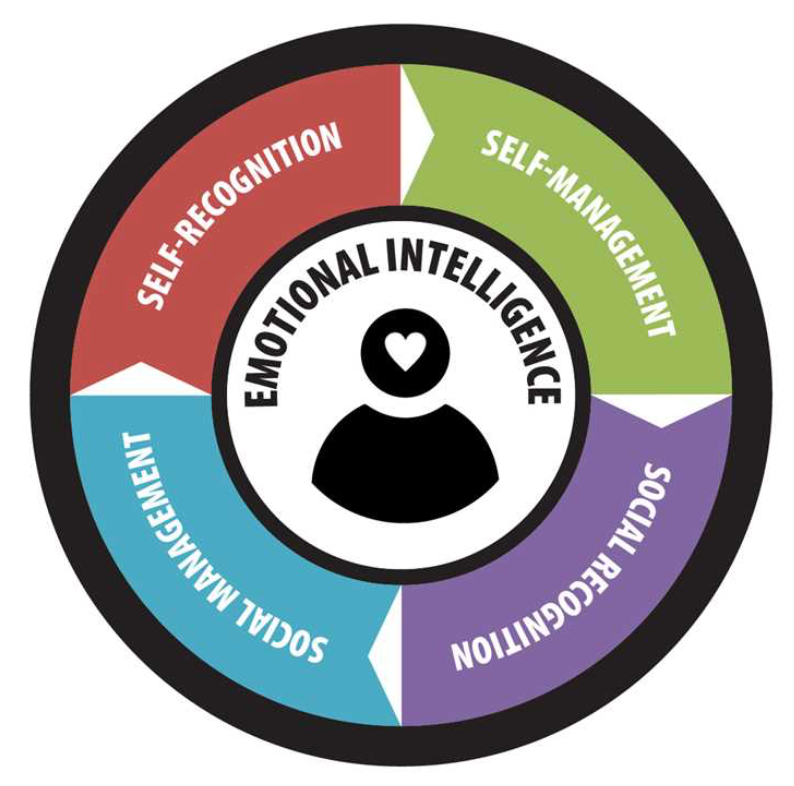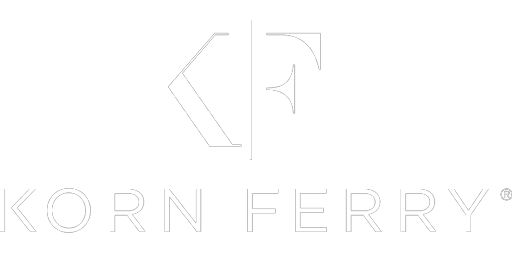Building an Internal Coaching Development Program
Best Practices for Organizational Leadership By Dr. Anthony Randall
Organizational leadership is the art and science of developing, promoting, and retaining talent by aligning personal growth with organizational objectives, values, and outcomes. For the first time in history, the marketplace is filled with five generations of employees and leaders. Boomers, Gen X, Millennials, Gen Y, and Gen Z. Implementing a holistic leadership development and coaching process enhances communication, culture, cohesion, and company success.
One of the most repeated comments we receive from leaders who participate in our ICF Level 1 Vanguard Professional Coaching Course after Day 1 is, “Wow, I thought I was coaching people, but what I was really doing was consulting, mentoring, or counseling my employees.” Consulting, mentoring, and counseling all have their time and place. Today’s leader likely has to wear all three hats, however, learning how to professionally coach your team, your peers, and even those you work for is a talent development paradigm shift.
What are the benefits to developing an internal coaching program for your business, government agency, athletic department, sports teams, or school district? Partnering with an external ICF-credentialed coaching company to build an internal program, like Vanguard XXI can realize significant gains. Consider these five benefits:
1. Enhanced Leadership Capability and Self-Awareness
Professional coach training and accreditation accelerates character development, critical thinking, decision making, and emotionally intelligent leaders. Research shows that coaching is a highly effective leadership style for building self-awareness, teamwork, cohesion, and conflict resolution, all emotional intelligence attributes. Coaching empowers the client to develop their own solutions through evoking awareness and facilitating client growth. This leads to more adaptable leaders who tap into their true potential to lead with initiative and creativity rather than waiting around to be told what to do.
- Check this out: Lash, S. Unleashing the Coaching Leadership Style. British Army – Centre for Army Leadership Insights, No. 38 (2022) army.mod.uk
- Chang, J. Cultivating a Coaching Culture. Military Review (Nov-Dec 2022)
- armyupress.army.mil
Q: What would improve in your organization if leaders two levels down executed on mission and intent without having to be told what to do?
2. Improved Organizational Performance and ROI
Coaching directly contributes to more cohesive individual, team, and organizational performance. Employees feel valued and respected when the organization invests in their professional growth. Companies that implement coaching report substantial gains in productivity and results; one study found executive coaching delivered an impressive 788% return on investment by boosting productivity and employee retention.
In corporate, educational, or military environments, these improvements translate into higher efficiency and mission success.
Check this out: Team output can also improve significantly – coaching has been linked to about a 50% increase in team effectiveness and a 48% improvement in overall organizational performance on key metrics. american.edu
Q: How would vertically integrated businesses, school districts, and military formations improve in their leadership development, evaluations, and promotions if their leadership team used a common coaching language and created a coaching culture?
3. Greater Employee Engagement and Retention
Internal coaching programs demonstrate organizational commitment to people development boosting basic employment needs, psychological safety, and professional growth goals. Coaching conversations provide confidential personalized support and career development increasing talent retention.
Q: How would implementing a professional coaching program in your organization keep high performers in your business vs a competitor, your school district vs another, and increase reenlistment and career military personnel?
Check this out: American University – The ROI of Executive Coaching. american.edu
4. Stronger Culture of Continuous Learning and Trust
A coaching language and coaching culture foster continuous learning, trust, and collaboration. A coaching-style leadership approach encourages open communication and growth mindsets rather than command-and-control. In educational settings, for example, coaching has been shown to strengthen team relationships by building deeper trust and rapport.
Q: How would student performance, school spirit, and academic extracurricular success increase when school administrators, counselors, and teachers are committed to a coaching language and culture for their staff, faculty, and student wellness?
Check this out: Over time, such a coaching culture leads to more innovation, better knowledge sharing, and a positive environment where people at all levels feel empowered to learn and improve. files.eric.ed.gov.
5. Robust Talent Pipeline and Succession Planning
Finally, partnering with expert ICF-certified coaches to develop internal talent strengthens the leadership pipeline. Coaching accelerates the growth of high-potential employees and prepares them for greater responsibilities. It also helps to identify and develop future leaders, closing succession gaps.
Partnering with Vanguard XXI provides your organization with five ICF Level 1, 2 and 3 Coaching certification courses. We are a force multiplier that partners with you to build your internal coaching program. We also provide external ICF ACC, PCC, and MCC level executive coaches to partner with your C-Suite, HR, and Leadership Development professionals for individual, team, and group coaching. We are the accelerant in your leadership development fuel.
Check this out: Building a coaching language and coaching culture within leadership development increases your talent management and organizational leadership process. https://coachingfederation.org/become-a-coach/why-become-a-coach/
Q: How can you trust the Vanguard XXI process? Our world class leadership development and coaching curriculum has trained over 17,000 people. We are trusted by more than two dozen companies from Fortune 100 and 500 to family-owned businesses, college and professional sports teams, and the US Department of Defense. Let’s get started today!
